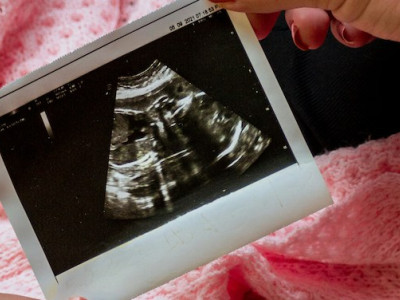The doctor is active on social media, which makes him highly accessible for vapers, especially those who are concerned or wish to take issue. One of the matters brought to his attention this week was concern over a particular in-vitro study. In-vitro studies take cells, grow them and experiment on them in dishes rather than experimenting on living things (in-vivo studies). The study had been published in the American Physiological Society journal.
Rather than critiquing the study and detailing the drawbacks in all in-vivo studies, Farsalinos posted a single picture highlighting the obscene levels of nicotine being used:
The topic of how vapers treat wire was a surprising and unexpected inclusion into an interview conducted on the streaming RY4 vaping radio station.
It is common practice for vapers to preheat wire in a flame then, once coiled, continue to heat it in order to form it into a shape or rid it of hot spots. Vapers frequently dry burn coils as part of a cleaning process too. During the show Doctor Farsalinos advised us all to cease doing this.
Instantly a number of people questioned his expertise in this area but Farsalinos has sought and taken advice from Pedro Carvalho, a respected Portuguese materials scientist and vaper. Here are his main points, isolated for ease of digestion:
Point 1: “Metals used in coils have not been made to be in continuous direct contact with liquid, to evaporate liquid on their surface and to have the consumer inhale the vapour directly from the coil.”
Point 2: “Metals have been detected in the aerosol of e-cigarettes.”
Point 3: “Williams et al. found chromium and nickel which was coming from the coil itself, although they did not dry-burn the coil.”
Point 4: “The levels found were not of significant health concern, this does not mean that we should accept unnecessary exposure.”
Point 5: “Dry-burning the coils means heating them to temperatures well above 700degC. This is expected to have significant effects on the structure of the metal and the bonds between metal atoms.”
Point 6: “The resistance wires were develop and used as heating elements at high temperatures IF NO VECTOR can transport the metal / oxide particles to the human body.”
The doctor concludes that (although he doesn’t believe that heating wire greatly increases potential risk) the practise is something that can easily be avoided. He suggests using lower wattages, alcohol for cleaning or, even simpler, building new coils instead of dry burning to clean them. “We will repeat our honest opinion that dry-burning the coils will not make vaping similar or worse than smoking,” he writes. “If something can be avoided, vapers should be aware of it so that they can avoid it if they want to.”
Dave Cross
Journalist at POTVDave is a freelance writer; with articles on music, motorbikes, football, pop-science, vaping and tobacco harm reduction in Sounds, Melody Maker, UBG, AWoL, Bike, When Saturday Comes, Vape News Magazine, and syndicated across the Johnston Press group. He was published in an anthology of “Greatest Football Writing”, but still believes this was a mistake. Dave contributes sketches to comedy shows and used to co-host a radio sketch show. He’s worked with numerous vape companies to develop content for their websites.
Join the discussion
Expert Reaction to Pregnancy Study
Experts have reacted to the QML study of impacts of vaping in pregnancy and comparison with smoking
Study: Vapes Help Pregnant Quitters
A new study from Queen Mary University of London finds that vapes help pregnant smokers quit and pose no risk of poor pregnancy outcomes
IBVTA responds to UCL study
The Independent British Vape Trade Association has responded to University College London research and said the findings show the Government’s smoke-free ambition is stalling
Cochrane Review Echoes Swedish Success
The Cochrane Review echoes the Swedish approach, finding less harmful alternatives like vaping are superior to other quit methods, says Smoke Free Sweden












